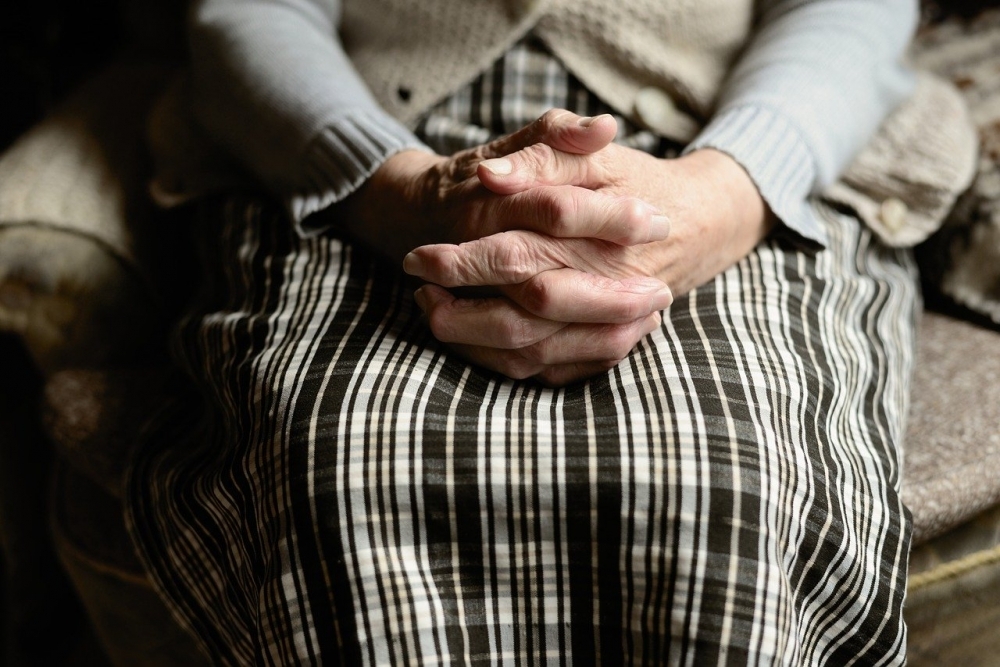

Program developed by startup with FAPESP’s support was initially designed to train cognitive skills and help improve physical fitness but will now have extended functionality (photo: Pixabay)
Program developed by startup with FAPESP’s support was initially designed to train cognitive skills and help improve physical fitness but will now have extended functionality.
Program developed by startup with FAPESP’s support was initially designed to train cognitive skills and help improve physical fitness but will now have extended functionality.

Program developed by startup with FAPESP’s support was initially designed to train cognitive skills and help improve physical fitness but will now have extended functionality (photo: Pixabay)
By Eduardo Geraque | Agência FAPESP – A computer game application for older people, developed with funding from FAPESP’s Innovative Research in Small Business Program (PIPE) to train cognitive functions such as memory and intellectual skills and help users keep fit, is to be extended for use in monitoring the health of older people who are socially isolated because of the COVID-19 pandemic.
The project, conducted by São Paulo-based firm ISGAME in Brazil, was one of the first six selected in a call issued by PIPE-FAPESP in partnership with FINEP, the Brazilian government’s innovation agency, to fast-track funding for products, services or processes developed by tech startups and small businesses in the state of São Paulo to combat COVID-19.
“The idea is to record heart rate and steps taken by the user, for example, via a bracelet or watch connected to the application,” said Fabio Ota, principal investigator for the project.
The application is called Cérebro Ativo (Active Brain). According to Ota, it will be able to send reports based on the user’s health data to a physician or relative. The user’s profile will be analyzed by AI software to detect behavioral changes. All processes will be based on concepts called biopsychosocial in technical jargon. Biopsychosocial models study the interactions of biological, psychological and social factors to help determine why an individual suffers from a disease or disorder.
“Data collection will comply with the General Data Protection Law [Brazil’s federal legislation governing data rights and privacy],” Ota said.
The aims of the new modules also include extending older people’s social connections during confinement by enabling them to play games with family and friends.
For example, the app will offer a game called Árvore Genealógica (Family Tree) that lets the user create their own family tree with health information for each person added. The game will also ask questions designed to produce a health self-assessment and record data relating to energy, disposition, anxiety, irritation, depression and sadness.
The questions will be chosen by AI tools embedded in the game. On depression, for example, it may ask such questions as: “Did you feel depressed or sad when you woke up today?”, “Did you feel depressed or sad during the afternoon?”, “Did you feel depressed or sad in the evening?”, “Have you felt depressed or sad today at any time during the day?”. Five answers are available in this case, ranging from “Not at all” to “extremely” depressed or sad.
Besides Likert scale answers (with this range of verbal options from one extreme to the other), specific responses can take numerical form (on a visual scale from 0 to 10, with 0 representing the worst and 10 the best possible or imaginable state).
Test battery
Before it enters the commercial phase, Active Brain will be tested by 80 older people who participated in testing of previous phases (read more at: agencia.fapesp.br/25834/).
To assure penetration of different income groups the game will be available for downloading to smartphones. The firm is also seeking partners to enable affordable bracelets or watches to be used to monitor health indicators.
“The testing will be performed with the elderly people already enrolled and we’ll try to make the product commercially available on a large scale in the second half,” Ota said.
The firm’s business plan calls for the application to be offered free of charge. In this case users will have access to limited functionality. To use the health data monitoring function and more complex modules such as those that stimulate remote social interaction, users will have to pay a monthly subscription charge.
Republish
The Agency FAPESP licenses news via Creative Commons (CC-BY-NC-ND) so that they can be republished free of charge and in a simple way by other digital or printed vehicles. Agência FAPESP must be credited as the source of the content being republished and the name of the reporter (if any) must be attributed. Using the HMTL button below allows compliance with these rules, detailed in Digital Republishing Policy FAPESP.




